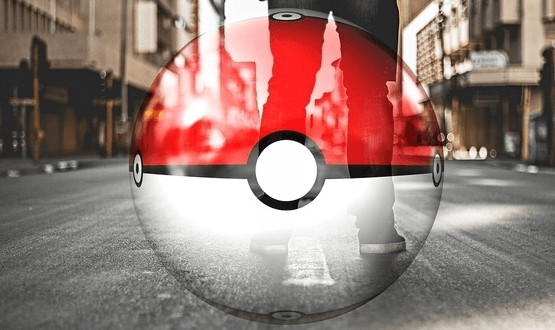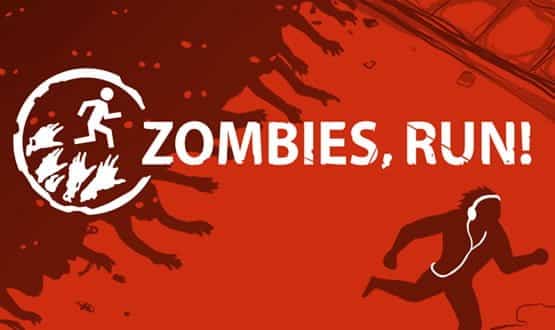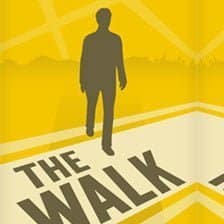Go and play: gaming and the NHS

In a room full of whizz bang graphics, fully immersive virtual reality therapy, and gamified counselling available on your mobile, it is the humble board game that turns out to have made the biggest impact on the NHS.
Andy Yeoman, of Focus Games, speaks at length to a lecture hall full of coders, academics, and tech investors about the wonders of some cardboard and a few dice.
The games (and Focus has made dozens for NHS England and other health organisations) are essentially a series of questions. The players are awarded for correctly answering a question on sepsis or infection control or drug errors by moving their piece forward on the board.
Some clinicians, Yeoman says, get quite competitive. “It is essentially a pub quiz. It’s not that difficult, but it works.”
In introducing Yeoman, conference chair Professor Pamela Kato says he might seem like the odd one out at a conference focused on mobile and video. “But he has achieved something a lot of us find really difficult – getting into the NHS.”
Playing in the NHS
There is a lot of excitement around the possibilities of health games, particular on mobile devices, but their penetration into the NHS, where the priorities are balancing budgets, getting rid of mountains of paper, and, of course, quality of care, has been patchy to date.
Look for references to “video games” and “NHS” and the headlines are mostly about the perils of child gaming addiction and possible treatments.
The Department of Health endorsed its first video game, Nintendo’s Wii Fit Plus, in 2009, but it hasn’t been making many endorsements since. The only electronic game promoted on NHS Choices is “Genes in Space”, a mobile game that allows players to “unlock genes” to “help scientist cure cancer”. It has been viewed 405 times.
A few trusts and charities have toyed with games. Two years ago Central Manchester University Hospitals NHS Foundation Trust and the University of Manchester developed three movement-based computer games for elderly people to reduce their likelihood of falls in the home. But they are something of an exception.
Does it work?
Outside the NHS, there are plenty of games that claim health benefits. However, there are concerns that, in common with the mobile health app sector generally, the claimed benefits may be over-inflated; failing well short of the standard required to actually treat a patient.
Dr Richard Brady, a surgeon and founder of mHealth consultancy company researchactive, tells the conference many health apps out there are bogus, and similar scepticism should be applied to health games.
“The current environment isn’t working. People haven’t stepped up to the mark and everybody is running around trying to make a quick buck.”
Multiple reviews of a plethora of medical apps have revealed that many, if not most, had no medical involvement and were not based on any scientifically validated evidence, he says.
For instance, one study in which Brady was involved, showed 12 out of 23 opioid conversion apps had no disclosed medical professional involvement, and, even more dangerously, offered very different conversion rates.
Most games on show at the conference lean towards the educational or motivational rather than the clinical.
There is a cooking mobile game to “motivate teenager to adopt a healthy lifestyle” and a PC game where the player assumes the role of buzzing mosquito, in order to infect unsuspecting virtual people and learn about malaria prevention.
There are games where you must solve puzzles while wandering around a Japanese house, another where you control a bird who flies over darkness to reveal land beneath.
Some of these games have clinical and patient input, others do not; but few have been through the evidence-based testing required to bring a new medical treatment to market.
One developer suggested that his game might be helpful in treating mental health, but admitted no work had been done to test this claimed benefit.
Speaking on the conference’s “business of health” panel, Liverpool University’s Ronald Dyer says that health games are just are not quite there yet. “We have yet to see a really, really successful game in health.”
Gotta catch ’em all!
Meanwhile, throughout the day, the same game keeps coming up – Pokemon Go, described by one speaker as the “red and white elephant in the room”. Jamie King, who co-founded Rockstar Games of Grand Theft Auto fame, told the conference it was a “health game in disguise”.
The augmented reality mobile game focuses on walking around and catching pixel monsters is certainly popular. It’s taken off like no other mobile game ever, reportedly overtaking Twitter, with its 65 million users, in the United States within days of its release.
The game was released in the UK just days before the conference, but had already collected praise for getting countless children outside and active, and had even been credited by some users with improving mental health.
It is still early days, with no hard evidence, but several doctors have stated that anything that gets people walking around for miles at a time is probably doing their health a world of good.
It’s developers Niantic never even intended Pokemon Go to be a “health” game, it was not the product of clinical trials or medical expertise. But it has perhaps moved more children off the couch by accident in a few weeks that countless public health awareness campaigns have achieved in years.
Kato says the game is now “the most active community wellness programme for kids out there”. During a break between session, one of the attendees even suggests GPs should be prescribing the game.
What works
In contrast to Pokemon Go, the most promising health games on show at the conference are also the most narrowly and clinically focused.
Professor Barbara Sahakian, of the University of Cambridge, develops neuro-science based games, including one to improve episodic memory for people with schizophrenia. Her team’s tablet based game, Wizard, guides users through a series of fantasy-based memory tests, rewarding progress.
In a test of 22 patients with schizophrenia, half were assigned at random to play the game for eight hours over four weeks. Afterwards this group performed significantly better in memory tests than the control group, making fewer errors and taking less time to recall patterns.
Sahakian said the study was only at proof of concept stage but the results are promising. “I very much hope we can scale this up and do something which will really make a difference.”
In the United States, virtual reality games are being used to treat pain and phantom limbs. Howard Rose is chief executive of US-company DeepStream VR, which makes VR games with an explicit clinical aim.
The most popular game, Cool!, takes users down a river in a calming fantasy landscape, allowing them to shoot bubbles and fish from their hands.
The game has been used to manage acute pain, particularly during rehabilitation for injured soldiers, by essentially distracting patients during painful procedures.
Several studies have shown evidence that VR can reduce acute pain with one study even suggesting Cool! is more effective than opioids.
Rose says the broader potential is huge, including instigating lifestyle changes and treating mental health, but so far the take-up from the medical community has been modest.
“Our challenge is how to get VR into the flow of care. There is some opportunity there but people are cautious.”
Healthy outside the health system
Much like fitness and diagnosis apps, it is probable that when health games take-off, if they take off, it will outside the formal health system. That bring with it issues of quality control as well the question of how these games, if they do work, can be better integrated into care.
Pokemon Go offers a glimpse of what this future could look like. Another game conference speaker mentions Zombies, Run! in favourable terms.
This is designed to get people running by providing them with an audio track that encourages them to out-run zombies and rescue people from said zombies.
Like Pokemon Go, it had no input from health professionals; although it was listed on the short-lived NHS apps library, and inspired the Department of Health to fund a spy-thriller walking version from its developer, Six to Start.
Zombies, run! claims to have got around 3 million people running. But you could be waiting a while for your GP to prescribe the next Pokemon Go for that nasty flu or unpleasant rash.




